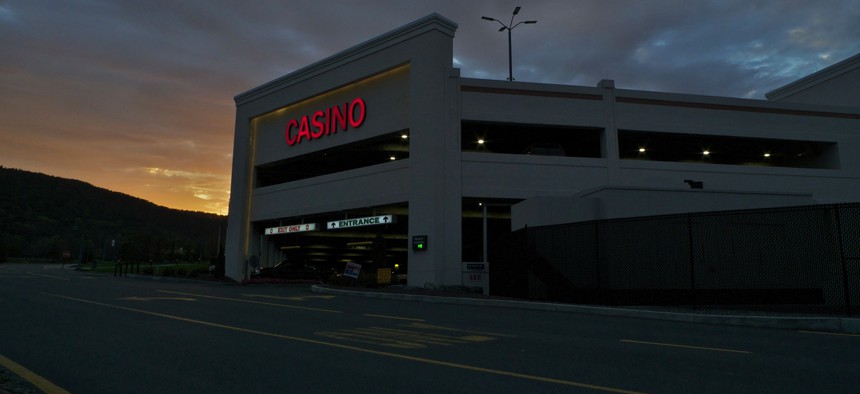Connecting state and local government leaders
With the number of casinos growing in the Northeast, can a new one thrive in the Empire State's Southern Tier?
This is the first of a three-part series looking at economic development efforts in Upstate New York.
NICHOLS, N.Y. — They broke ground for the Tioga Downs casino expansion on Oct. 30, using shovels with blades spray-painted gold. About three dozen people, state and local leaders among them, took part in the ceremony. Donning white hardhats, they stood under a blue sky with patches of gray clouds and tossed scoops of dirt on the ground in front of them.
Tioga Downs is a horse racing facility on the outskirts of Nichols, a town of about 2,500 residents, located just north of the Pennsylvania border, in a region of Upstate New York known as the Southern Tier. In addition to the harness track, the “The Downs” has a gambling hall with 802 video lottery terminals, which are similar to electronic slot machines.
The proposal for the casino expansion includes plans for 1,000 slots and 50 gaming tables, including a 12-table poker room, and a 161-room hotel. The project is expected to cost a total of about $194 million.
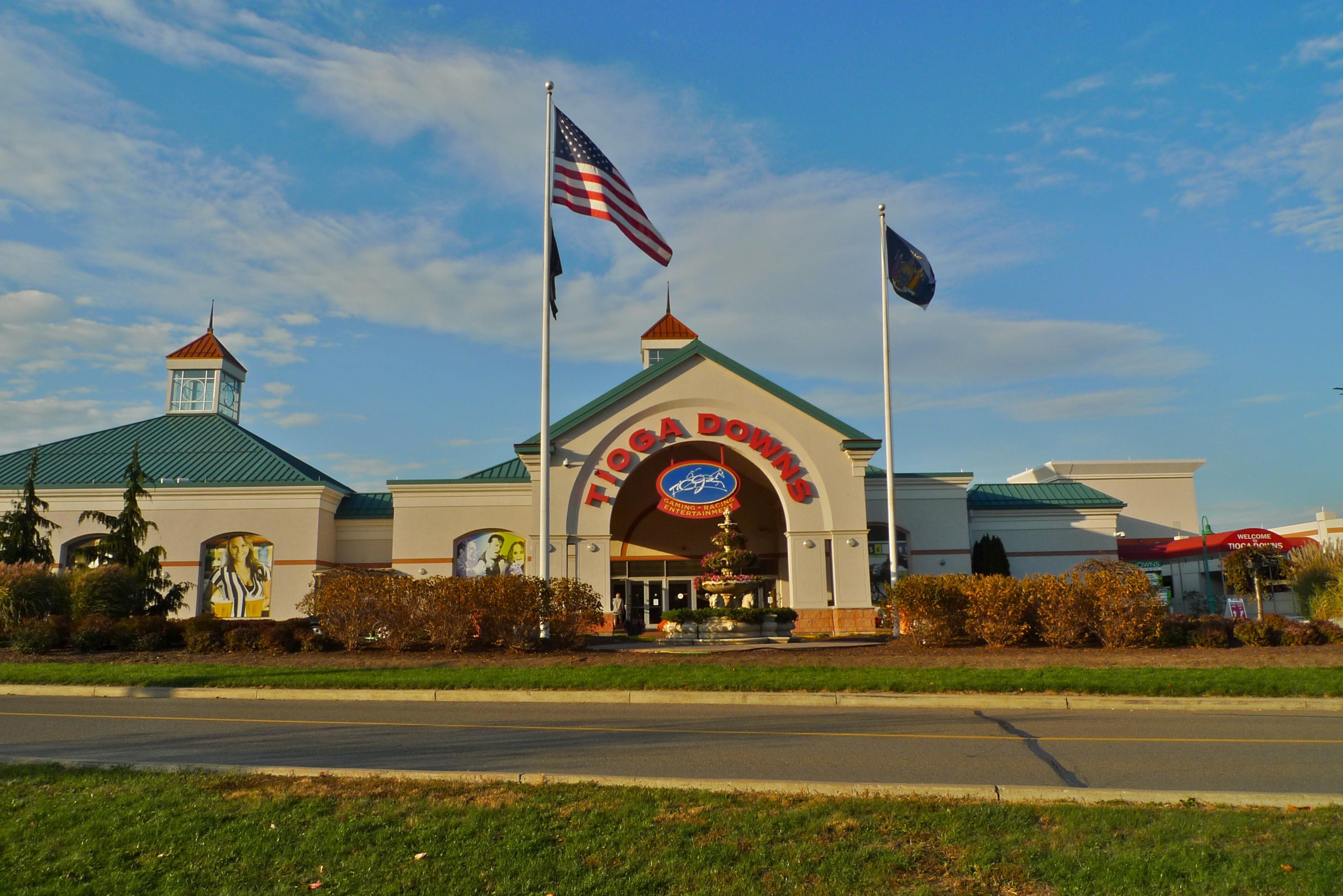
Investment on that scale is welcome in Nichols, and the Southern Tier. Once thriving, the region has struggled to regain its economic footing as jobs and employers have vanished in recent decades. Nichols itself has endured declines in its dairy industry, and IBM jettisoned thousands of employees at facilities in the area. The casino expansion is no cure-all, but it is seen as a win in a place eager for development.
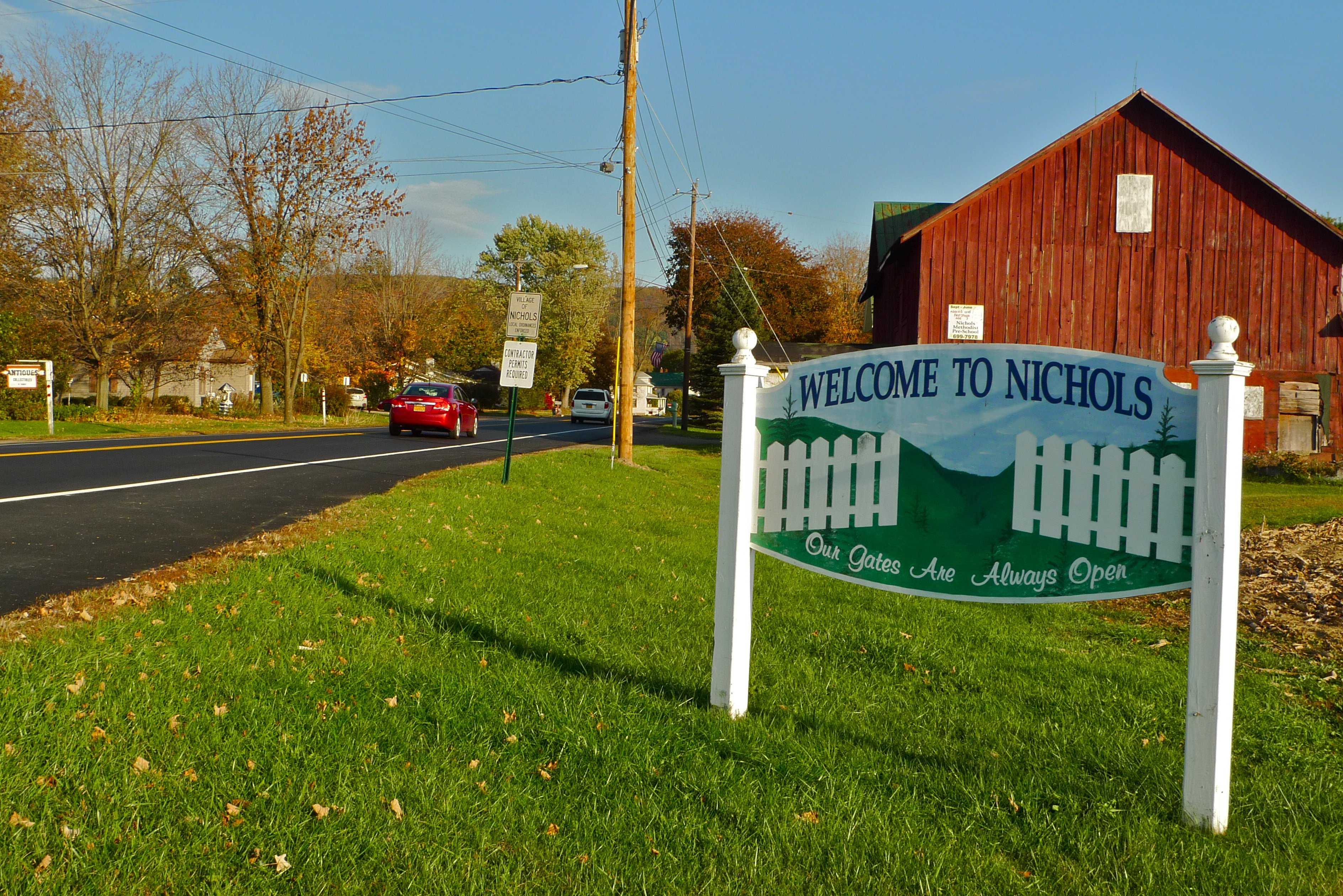
The project also offers a window into the gaming industry in the Northeast, which has changed significantly since the early 2000s.
Looking to keep more gambling dollars within their borders, states around the region have eased restrictions on casinos and, as a result, new ones are cropping up in places where they did not exist before. These venues are typically more modest than the decadent resorts of Las Vegas, and their business models tend to focus on attracting patrons from nearby.
But for every new slot machine or table game, there’s not necessarily a new gambler. The pool of gaming revenues that states are seeking to tap has limits, and is now being split between more and more places. Even so, elected officials and developers in New York are betting that additional casinos can thrive in the state, with the promise of boosting tax revenue and helping to rejuvenate economically ailing areas. The businesses themselves, of course, also stand to profit. It will be years, however, before the state's hand plays out, the extent of the benefits becomes clear, and any winners and losers come into sharp focus.
Doubling Down in Upstate New York
Among those shoveling at the groundbreaking was a man in his early 70s, wearing khaki pants, a button-down shirt and a black jacket. This was New York City real estate mogul Jeffrey Gural, the owner of Tioga Downs. A horse-racing enthusiast, he and other investors acquired Tioga about 10 years ago. Area residents view Gural fondly, especially because of donations he’s offered to a local school district, and aid he provided after devastating floods in 2011.
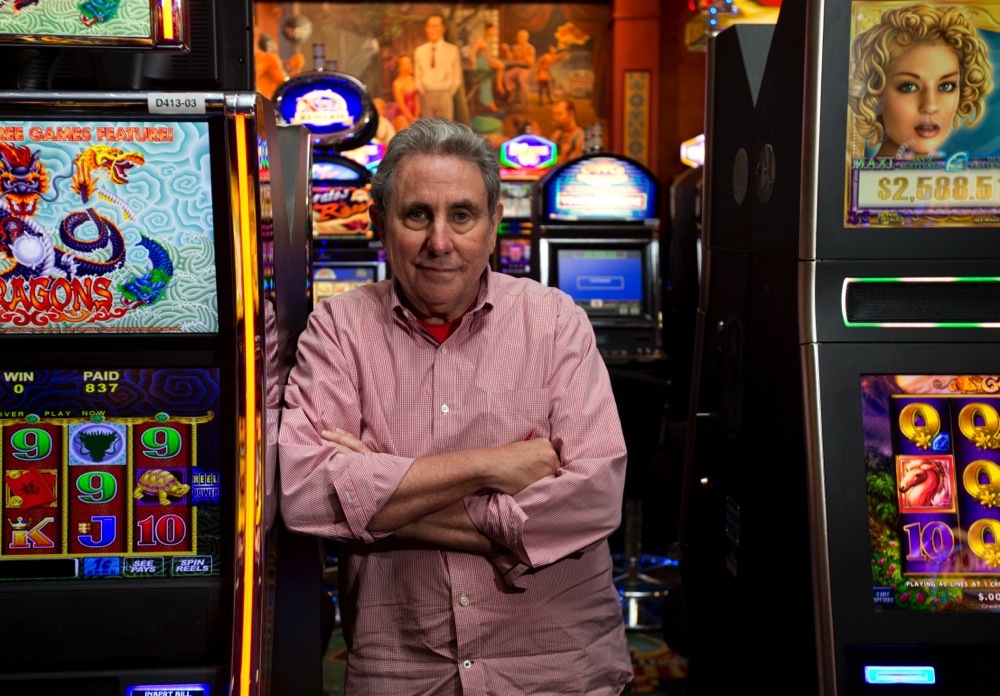
The company that owns Tioga Downs—Gural is its chairman and CEO—also contributed $375,000 in 2013 to an independent expenditure committee, which urged state voters to back a constitutional amendment allowing for more casinos in New York. Dozens of organizations with interests in the casino industry, including companies and labor groups, threw money at the committee. Its contributions swelled to $4.2 million, campaign finance records show.
In the end, voters approved the measure, known as Proposal 1, by a 57-42 margin, clearing the way for up to seven new casinos.
Commercial gambling is not new in New York. Indian tribes there already operate five casinos. The Oneida Indian Nation opened the first one, the Turning-Stone Casino Resort, in 1993. There are also video lottery parlors, which debuted at the Saratoga raceway in 2004, and are now at nine horse tracks, including Tioga Downs.
But, roughly two years after Proposal 1 was approved, the industry is on the verge of getting significantly upsized, with four new casino projects taking shape.
‘There Shouldn’t Be a Fourth’
There was a time, late last year, when it had looked as though the Tioga Downs expansion might not happen. The state’s Gaming Facility Location Board, which was charged with selecting projects to apply for gaming licenses, initially rejected Tioga’s application.
This irked Gural.
“I think it’s an absolute insult. And the governor asked me to spend $800,000 of my money to pass proposition 1, and then the intent was that there would a casino in the Southern Tier. That's what he said,” he told the Press & Sun-Bulletin at the time. “I feel like a complete fool.”
The board had selected three other projects.
These included the Montreign Resort Casino, planned for a town near the Catskill Mountains, north of New York City, the Rivers Casino & Resort, slated to be built where a locomotive manufacturing facility once stood in Schenectady, west of Albany, and the Lago Resort & Casino, proposed for the town of Tyre, about 85 miles north of Nichols near the Finger Lakes.
Each was situated in a separate region of the state. A report the board issued about their selections said that adding a second casino in any of those regions threatened to create so much competition that it would be difficult for either facility to succeed.
The area where Lago was planned technically included the Southern Tier.
Kevin Law, the board’s chairman, noted that the finances for Lago looked superior to those in the proposal for Tioga Downs. The same was true, he said, for the only other Southern Tier applicant, Traditions Resort & Casino, a project proposed for a site near Binghamton, a city east of Nichols.
After the first three selections were announced, a reporter asked Law at a news conference about the likelihood of a fourth. “We actually spent time really trying to figure that out,” Law replied. “Do we want to say: ‘three at this time and maybe we’ll pick a fourth?’ No. We reached a unanimous consensus that to give these three selections that we made the best shot for success, there shouldn’t be a fourth.”
Gural wasn’t the only one displeased with the board’s decision. Residents and local elected officials in the Southern Tier were unhappy as well. Amid these reactions, Gov. Andrew Cuomo intervened, asking that the board consider opening a second round of bidding for the region.
Shortly after the governor made his request, the board decided to put out a new call for applications. A revised proposal for the Tioga Downs expansion was the only submission.
It was green-lighted by the board at an Oct. 14 meeting.
Law and the other board members characterized Tioga’s updated proposal as substantially improved.
“There is a whole lot more than lipstick with this application,” Law said at the October meeting, according to a transcript. “The board,” he added, “believes that the gaming facility is viable, will increase tax revenues to New York State, and will contribute to the tourism industry, becoming a benefit to the state economy in an area of great need of further economic development.”
Divvying Up the Pot
The legislation that led to the casino referendum was signed by Cuomo in July 2013 and was dubbed the Upstate New York Gaming Economic Development Act. “For too many years, gaming revenue has left New York for our neighboring states,” Cuomo, a Democrat now in his second term, said at that time. The governor’s view is far from unique.
Since 2001, nine new states have begun offering commercial casino gambling, according to a report issued in July by the University of Nevada, Las Vegas Center for Gaming Research.
“Every state is protecting its own revenue,” Richard McGowan, a professor at Boston College, who has authored three books about the gambling industry, said during a recent phone interview. “It says something more about the constituents than the states,” McGowan added. “People want services and they don’t want to pay taxes.”
Gone are the days when Atlantic City dominated the gambling business in the Northeast. Last year, pinched by competition, the city saw four of its 12 casinos shut down.
Joseph Weinert, executive vice president of Spectrum Gaming Group, a firm that specializes in research and consulting services for the gaming industry, said there are now 55 casino venues scattered between Maryland, Maine and western New York.
“Name a major city in the Northeast that doesn’t have a casino,” he said. “Every one of them does.”
As more casinos have appeared, the way the pot of gambling industry revenue gets divided among states in the Northeast has changed.
For instance, after adjusting for inflation into 2014 dollars, New Jersey’s share dropped from just over $6 billion in 2005, to around $2.7 billion last year, based on figures in the UNLV report. In contrast, New York’s gaming industry had revenue of only $357 million in 2005, which climbed steadily, and leveled off in the most recent three years between $1.8 billion and $2 billion.
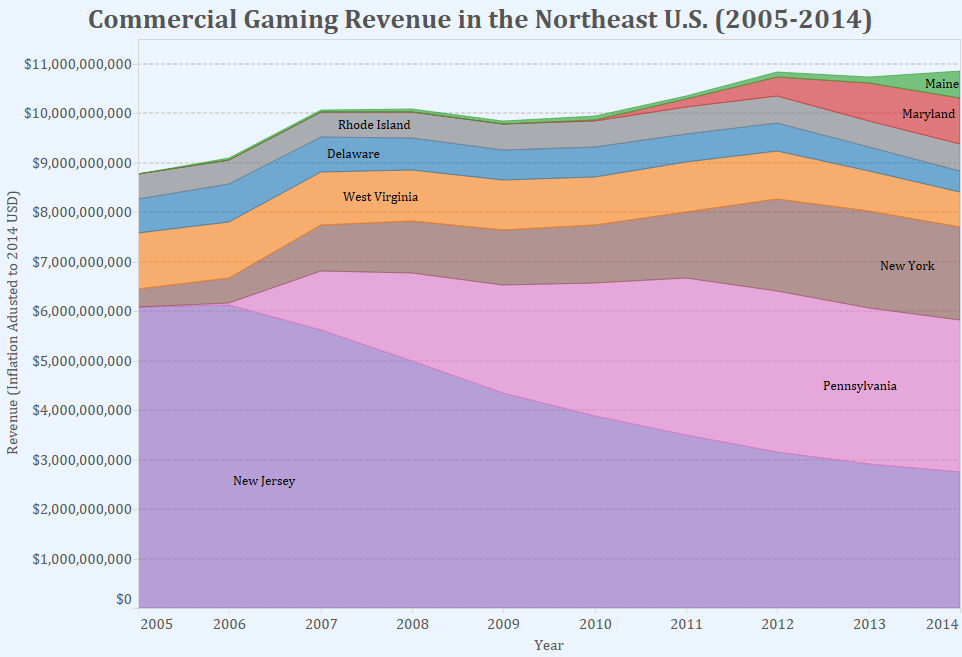
Though the number of casinos has increased, the overall size of the pot—the total amount of gaming industry revenue in the Northeast—has not consistently grown year-over-year when inflation is taken into account. It has been sporadic, swinging from a disappointing -2.45 percent between 2008 and 2009, just after the onset of the Great Recession, to an upbeat 4.57 percent between 2011 to 2012. The average growth rate between 2005 and 2014 was 2.2 percent.
In dollar terms, the UNLV figures show $10.8 billion of industry revenue in 2014, across eight states in the Northeast.
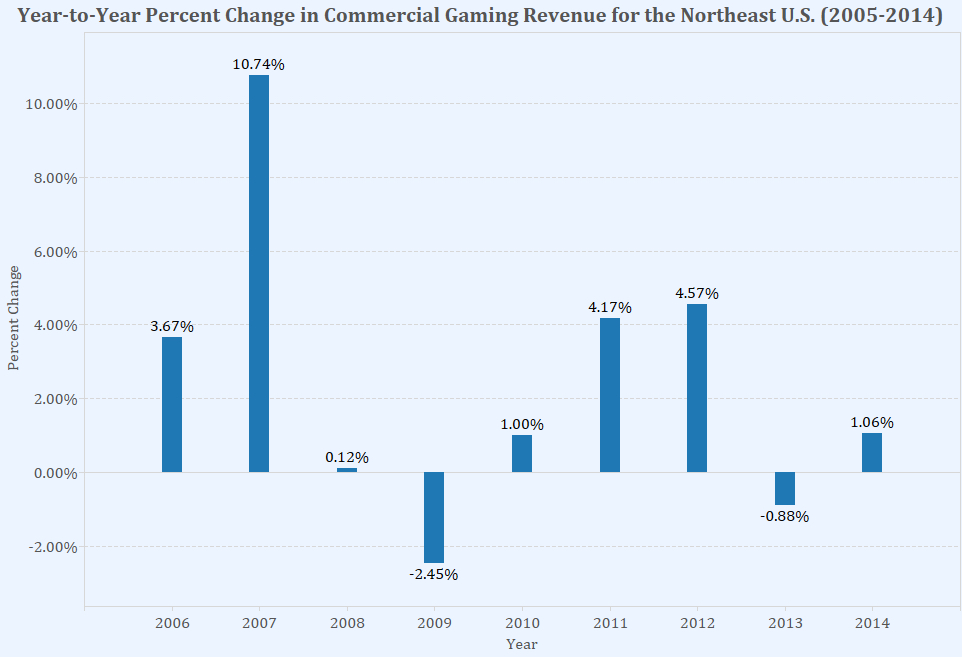
Some, like McGowan, believe the casino industry in the region is nearing a saturation point.
“Pennsylvania has it all over the state,” he said, referring to casino gambling. “Delaware has it, New Jersey.” McGowan went on to note some of the major projects now in the works. There’s an $800 million casino resort planned for Springfield, Massachusetts and another $1.7 billion project Wynn Resorts Ltd. intends to build north of Boston. Developers are also seeking to build a $138 million casino project in East Hartford, Connecticut.
In other words, the new projects planned for New York will face plenty of competition.
But Weinert cautioned that when it comes to the gambling industry “you can’t look at demand for the whole Northeast.” Instead “you really have to look on a specific, market-by-market basis.”
There are still pockets in the region, he said, that could be attractive casino sites.
That said, a venue that gets built in a place like Upstate New York is most likely going to be much more modest than the Bellagio or the MGM Grand. “You're getting more localized casinos because there are so many,” Weinert explained. The bread and butter business for most of these venues, he said, tends to come from patrons who are within a two hour drive.
“The billion dollar development is rare,” Weinert said. Casinos are becoming smaller, with fewer “non-gaming amenities,” he added, and are “really there to serve the convenience gambler.”
‘A Horse Racing Guy’
Gural, the owner of Tioga Downs, does not disagree that the casino business in the Northeast is becoming crowded. “I think it is getting saturated,” he said during a recent phone interview. But there’s a reason he’s optimistic about his project. “I think that, typically, most casino customers come from within a 50 mile radius,” Gural said. “And right now the closest casino to Tioga Downs is 106 miles away in Pennsylvania. As long as we size it correctly, I think we’ll be okay.”
Remarking on Atlantic City’s downturn, he added: “They’re the ones that have the problem, because they had 12 casinos in one city. And that model doesn’t work.”
What is now Tioga Downs used to be Tioga Park. The horse track opened to the public in 1976, according “Seasons of Change,” a book about the history of Tioga County, New York. The then-owner announced it would be closed in its third season, saying he’d been losing thousands of dollars a day, The New York Times reported in 1978.
In the years that followed, the track served as a site for flea markets, and occasional private racing events.
Gural came on the scene during the early 2000s.
According to news reports from that time, he’d been lobbying the state government to allow video lottery terminals at horse tracks. After that happened, Gural joined with other investors to purchase and reopen Tioga Park. The cost to do so totaled about $40 million.
By the summer of 2006, the facility was up and running and cash from the video lottery terminals was flowing. That fall, video terminals would also come online at Vernon Downs, another horse track Gural owns, which is located about 35 miles east of Syracuse, off the New York State Thruway.
“Truthfully, I’m a horse racing guy,” Gural said, when asked why he initially decided to invest in Tioga Downs. There’s also a personal connection he has to the region. His mother, who passed away about 20 years ago, was from Binghamton.
“I remember, as a kid, coming up to visit,” Gural said. “I thought she would get a kick out of knowing that I was actually back in Binghamton doing work on a project.”

In the warmer months, Gural said he spends time at a farm he owns in the area.
While he may be passionate about horse racing, Gural’s business does also stand to make a sizable amount of money from the expanded casino operation.
Projections submitted for the Tioga Downs expansion, to the Gaming Facility Location Board, estimate that gambling revenues at the casino in 2019 would reach between $93 million and $119 million.
‘It’s Going to Level Off Pretty Quickly’
How much tax revenue could New York State see from the slots and table games at a place like Tioga?
The application materials for the project estimate that the gaming taxes and fees flowing to the state would be between $26 million and $34 million in the first full year of operations, rising to between $28 million and $36 million in the fourth full year.
New York’s plan for taxing its new casinos involves a 37 to 45 percent rate on slot machine revenue, which varies based on the casino’s location. For table games the rate is 10 percent. Of the total tax revenue, 10 percent gets split equally between the county and the municipality where each casino is located. Another 10 percent goes to surrounding counties. The remaining 80 percent is supposed to be used statewide to fund education and property tax relief.
McGowan had not studied the details of the Tioga Downs expansion plan. But he offered his own general prediction for how the venue would perform financially.
“In the beginning, the revenue’s going to look really good,” he said. “Then, it’s going to level off pretty quickly.” This is a typical phenomenon, he said, which unfolded to an extent earlier this year in Massachusetts. The Plainridge Park Casino opened in June in Plainville, a town about 35 miles southwest of Boston, on the Rhode Island state border.
State taxes collected there were $7.2 million in July, according to a Nov. 16 revenue report from the Massachusetts Gaming Commission. In August, collections dipped to $6 million. By September they were down to $5 million. In October, they were about the same, at $5.1 million.
At Tioga Downs, video lottery terminal revenues have tapered over the previous three fiscal years. During that time, the money the racino has netted from the machines slid from around $61 million, to just over $58 million, then to around $55 million.
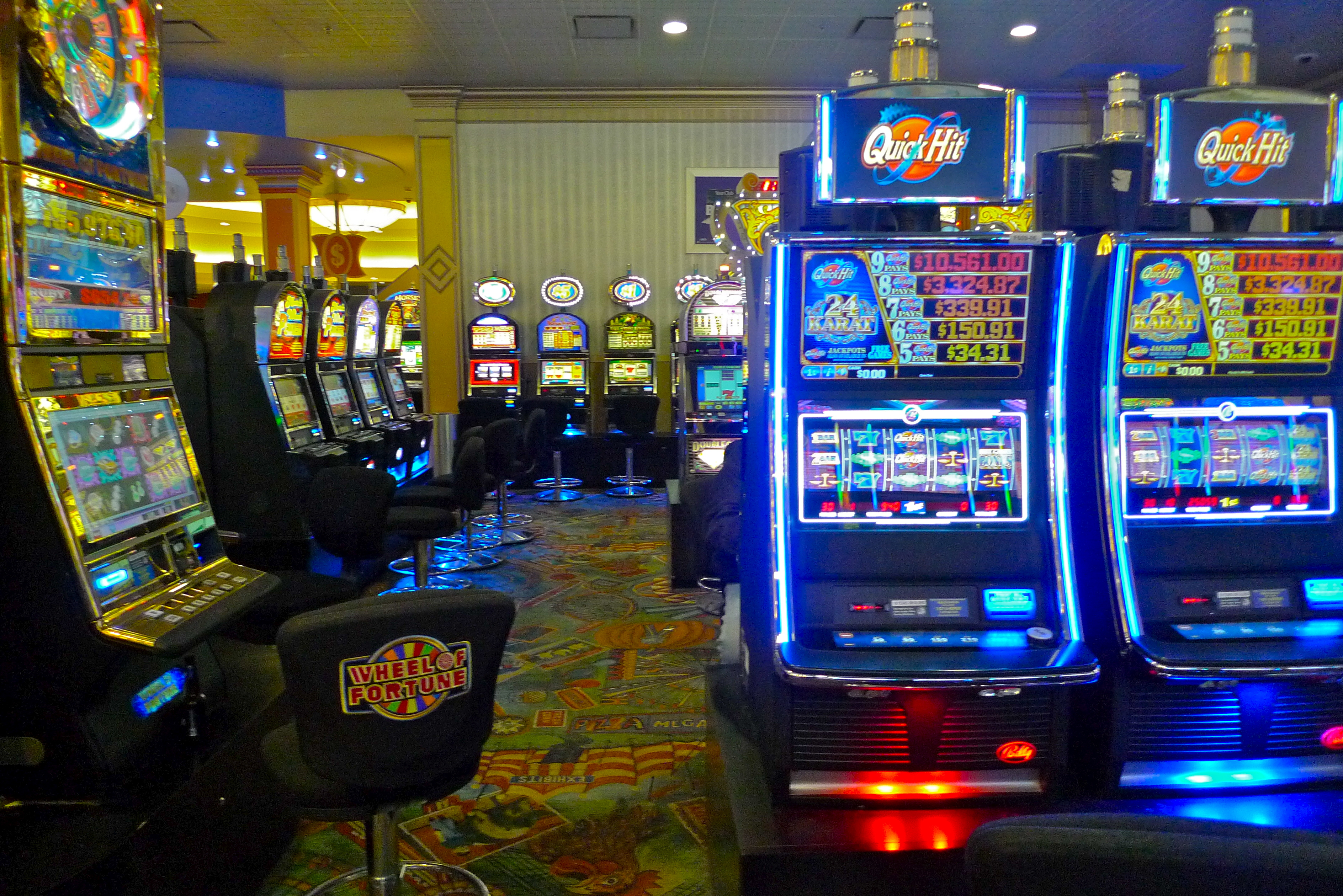
But Gural remains confident about Tioga’s prospects.
The goal is to have the expanded casino open by next July 4. The hotel will take another six or eight months to complete. He points to the hundreds of jobs the project is poised to create in a place hungry for them, and the draw the casino could provide for tourists.
“Hopefully,” he said, “we can attract people to come to the area and spend money.”
Next in this series: How local residents in Nichols and Tioga County view the Tioga Downs expansion and what it might mean for local job growth and economic development.
Bill Lucia is a Reporter for Government Executive’s Route Fifty.

NEXT STORY: How Governments Can Mitigate Rising Cyberattacks
